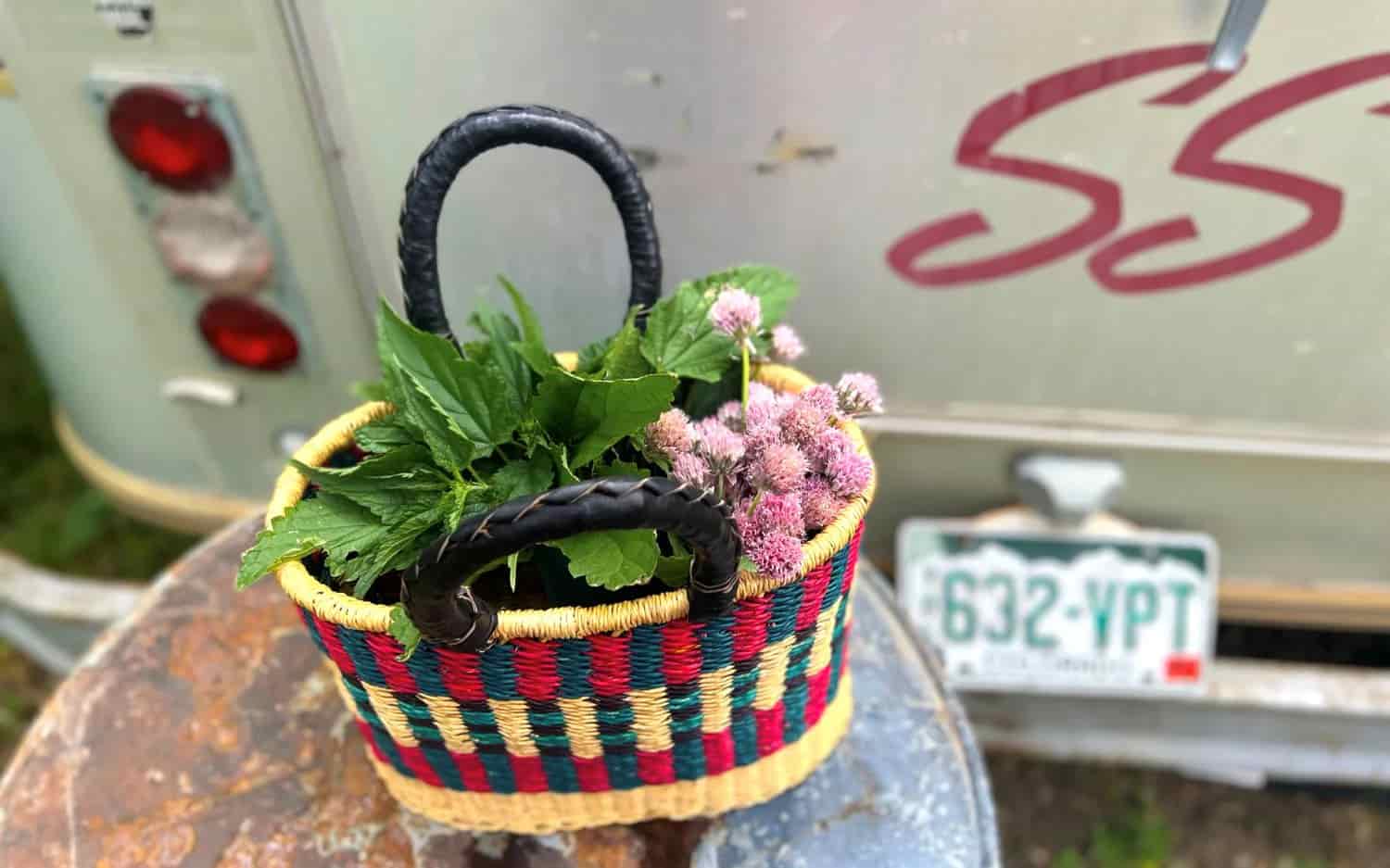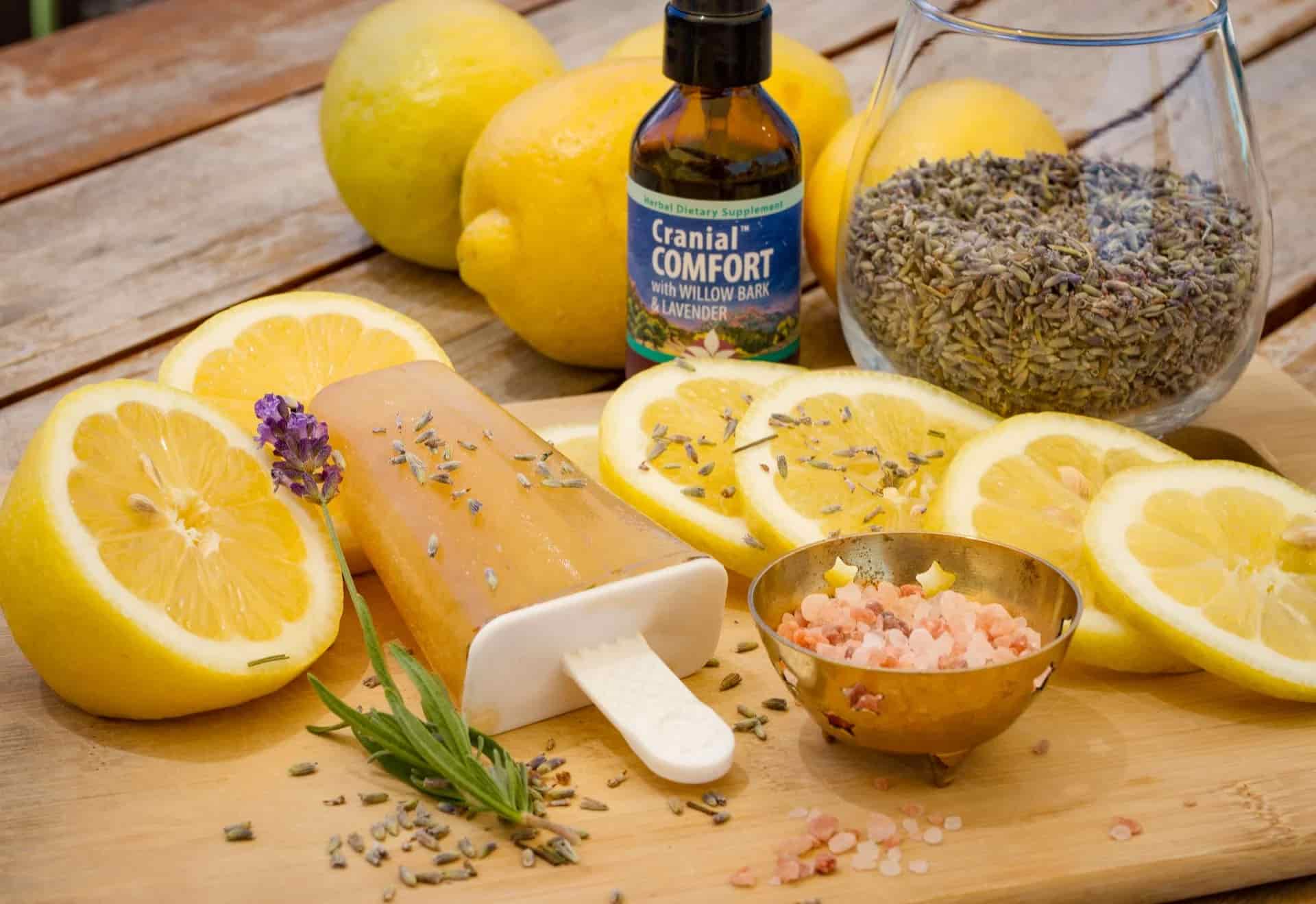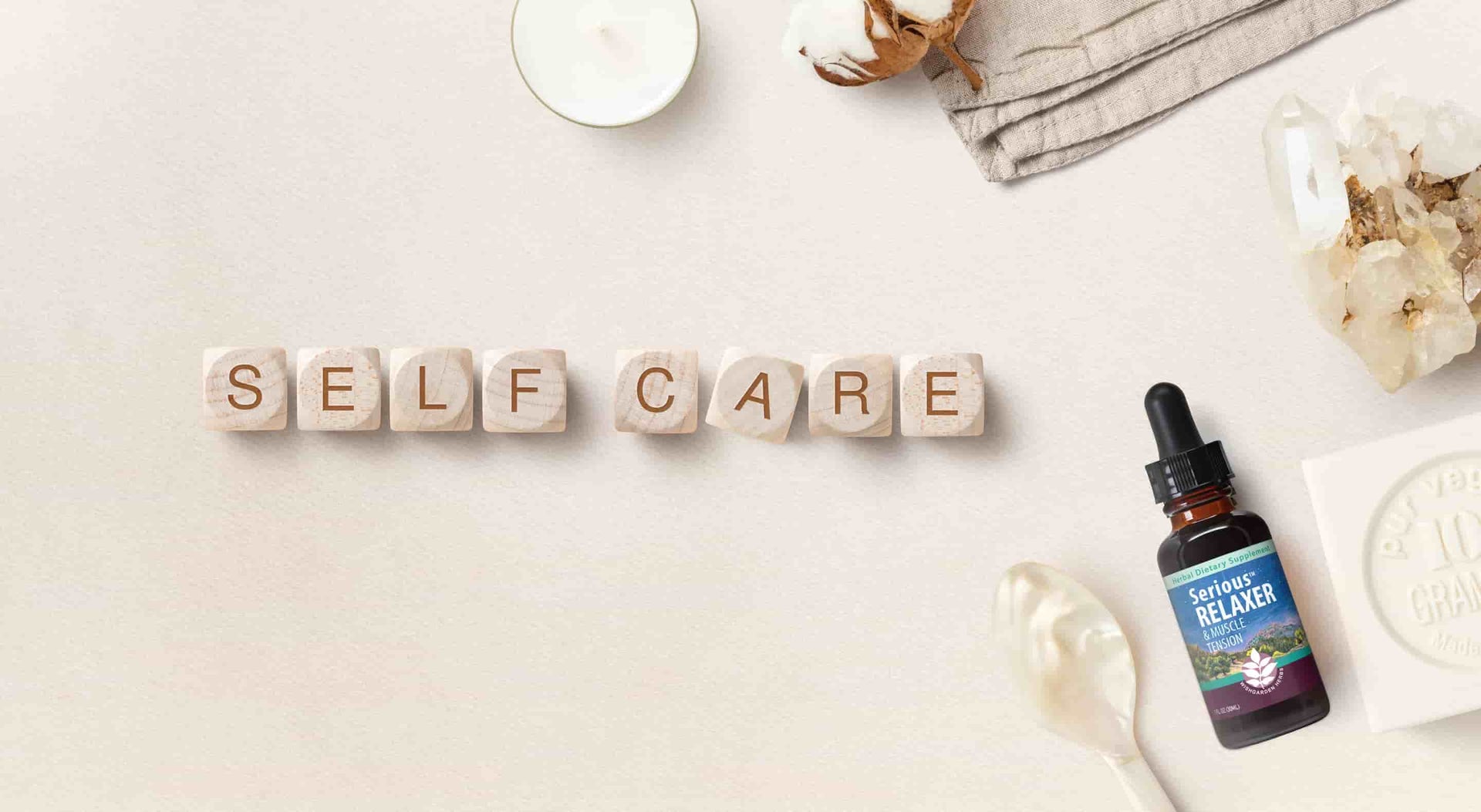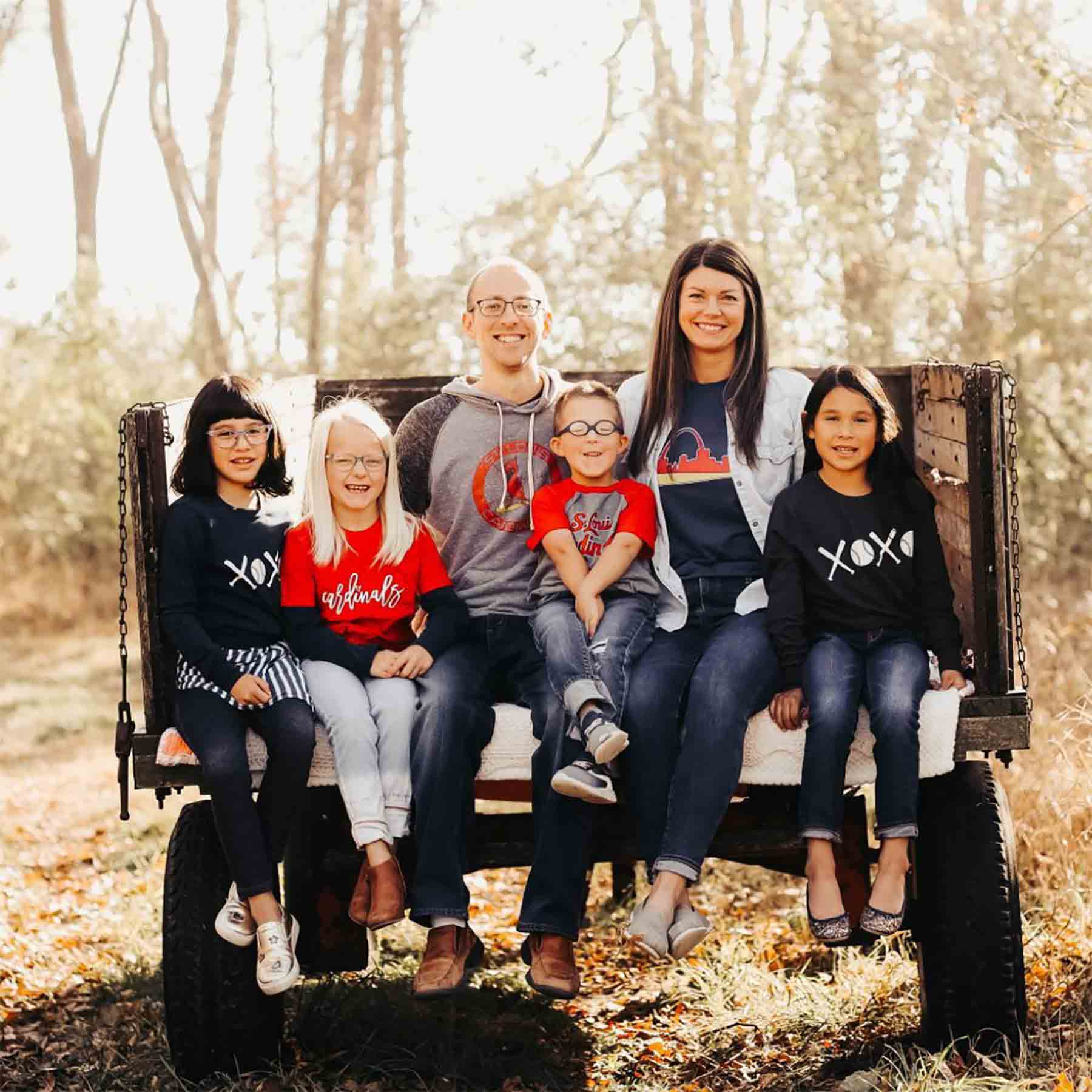You're one of the pioneers of WishGarden Herbs. What was the company like back in the early days? Back in the day, there was a magical herbalist/midwife in Boulder named Barbara Wishingrad. The remedies — salves, oils, and tinctures — that she prepared for her clients became well known amongst the midwifery community, and thus in 1979 "WishGarden" was born: a play on her own surname, and a way to make money on the side that rapidly took off into a viable business that served midwives and their clients, both locally and beyond. Those were the heady days of Jeannine Parvati, Rosemary Gladstar, Joy Gardner, Cascade Anderson, Ina May Gaskin at The Farm in Tennessee, Susun Weed, and many other remarkable herbalists and midwives who pretty much brought traditional herbal medicine, especially in terms of women's health, to a much wider awareness in the "alternative health" community.
In early 1983 we moved WishGarden into my little place on Mapleton in old Boulder so that Barbara and her partner could work and travel in Central America. By then there was a small but steady nation-wide clientele of midwives and their clients, as well as local retail outlets such as Alfalfa's and other Boulder markets, and some of the nation-wide birth supply companies. We put out a quarterly catalog of products, and it was basically a two-woman show: Barbara running the business end while she traveled, and me making and shipping the products as formulated by her, as well as continuing to print and distribute the catalogs. Picture a large back room with shelves and tables filled with big mason jars of tinctured herbs, herbs drying, packages of wildcrafted herbs arriving from remote islands in Puget Sound or the mountains of Appalachia...and the enticing smell of salves emanating from the oven. Our very first "employee" was an elderly Lakota grandmother named Mildred, already a dear friend and mentor to me. She and her granddaughter would make herbal sitz-bath packs for postpartum women— then, as now, a very popular product in the WishGarden pregnancy line.
Eventually Barbara moved on and so did I. WishGarden was taken over by some other local midwives who in turn sold it to Catherine Hunziker. And what a difference that made! I was stunned when I came back years later to discover that Catherine had evolved the company into a full spectrum of herbal support for the whole community, with a staff of incredibly competent and knowledgeable people who continue to this day to improve and expand both the quality and the understanding of this beautiful plant medicine.
You've had an adventurous life, particularly in the medical field. Can you tell us a little about it? Like a lot of women now in our seventies, I think I was privileged to walk through a kaleidoscope of our times. Coming of age in post-World War II Europe gave me a perspective that I don't find in today's American society, and I believe that's very much to our cultural loss.
For me, the kaleidoscope has included working as an editor at the main offices of the ACLU in New York City — back in the good old days when its Quaker founder, a very elderly Roger Baldwin, could still manage to come in and tackle matters on his old standard typewriter and when Ruth Bader Ginsburg was running the Women's Law Project. But that was the time of the Vietnam War and the Nixon era. I moved to living off the land in Maine and again in the mountains west of Boulder, then working as a paramedic on ambulances that served west Denver and the mountain areas beyond, then doing volunteer medical work in remote mountain villages of central Mexico. I worked with Barbara at WishGarden, worked in the Boulder area as a midwife while single-parenting an amazing daughter, and moved to teaching ESL to Mexican and Asian adult students in southern New Mexico. Never a dull moment!
 Arlee McLeod
Arlee McLeod
And you're also a writer. What are you working on now? I do enjoy writing. I've got a bit of a collection of short stories, random poems, and the first draft of a novel that some folks are encouraging me to turn into a second draft and send to a publisher. But when Charlottesville happened, I found that the creativity in me died away. I am hoping the loss is not permanent.
The natural products sector has grown tremendously in the last generation. What stands out for you? I think two things stand out for me. One is that people have become sophisticated and educated enough to expect efficacy and quality. The other is that people are becoming increasingly aware that allopathic medicine/pharmaceuticals are not the sole path to health and wellbeing.
What advice would you give to people who want to work in the natural products industry? Learn. Learn everything about those products, all of their ingredients, in a deep way: what are their actions, their energetics? Come to an understanding of their history — who were the people who used them in the first place, and why? Hold yourself to standards of sustainability and integrity.
Do you have a favorite herb? I bet it's Motherwort, but I'll think about that and get back to you!
For educational purposes only. This information has not been evaluated by the Food and Drug Administration. This information is not intended to diagnose, treat, cure, or prevent any disease, or sell any product.
Recommended Products
Further Reading






















